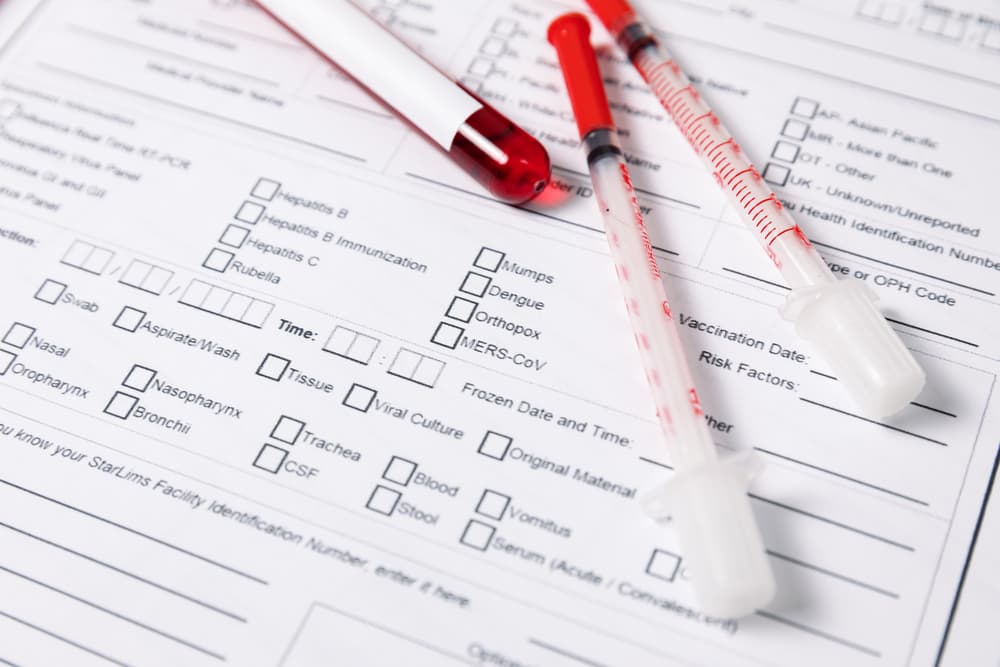
In an increasingly health-conscious environment, understanding and participating in routine STD testing is critical. This effortless but important health check can detect infections early, often before symptoms develop, which is critical for successful treatment and reducing spread. Despite its importance, many people are either unaware of the advantages or reluctant to seek testing owing to stigma or misinformation. This thorough guide tries to demystify STD testing by highlighting its relevance and what it normally entails. The aim is to encourage more individuals to take proactive actions to manage their sexual health.
Why Routine STD Testing is Essential
Routine STD testing isn’t only for individuals with symptoms or those worried about exposure to a sexually transmitted illness. It serves as a crucial preventative practice for anyone engaging in sexual activity, no matter their relationship status or the number of partners. Here’s why regular testing should be a key part of your healthcare routine:
Early Detection: Many STDs, such as chlamydia and gonorrhea, can be asymptomatic in the early stages. Routine testing ensures that these are detected early, resulting in more effective therapies.
Preventing Health Complications: Untreated STDs can cause major health problems such as infertility, an increased risk of HIV, and some types of cancer. Regular screening tests can assist to prevent these issues.
Reducing Spread: Early diagnosis and treatment of STDs dramatically reduces the chance of the illness spreading to others.
Peace of Mind: Knowing your STD status might help you feel less anxious and make better decisions about your sexual health.
What Does Routine STD Testing Includes
When you choose routine STD testing, numerous tests may be performed depending on your sexual history, age, and general health. Routine STD screening tests often check for:
- Chlamydia and Gonorrhea: These are detected using urine tests or swabs. Regular screening is especially important for sexually active women below the age of 25, as well as older women who have risk factors such as new or multiple sexual partners.
- HIV, Syphilis, Hepatitis: Blood tests are often used to diagnose these illnesses, which are essential for all sexually active people.
- Herpes: Although tests are usually not included unless symptoms are visible, persons who feel they have been exposed to the virus can have them.
It is critical to have an open discussion with your healthcare physician about which STDs you should get tested for and how frequently.
Dispelling Common Myths about STD Testing
There are many misunderstandings about routine STD testing, which might dissuade people from getting important health screenings. Here are a few typical beliefs debunked:
- Myth: Only those with several sexual partners require testing.
- Fact: Routine testing can help everyone who is sexually active and wants to maintain their health as well as peace of mind.
- Myth: A routine urine test can detect all STDs.
- Fact: While routine urine tests are helpful for some diseases, such as chlamydia and gonorrhea, other STDs need blood testing or physical exams.
When and How Often Should You Get Tested?

The frequency of STD testing varies depending on your sexual behavior, age, and overall health. CDC offers guidelines, but it’s preferable to speak with your doctor for guidance suited to your unique needs. In general, testing should occur:
- Annually for sexually active people.
- More commonly, if you participate in unprotected sex, have several partners, or are a male having sex with men.
- After unprotected intercourse with a new partner, or if you fear your partner is disloyal.
Preparing for Your STD Test
Preparing for an STD test is a simple but important activity that ensures accurate results and your comfort. Here’s how to prepare for your appointment.
Schedule an Appointment: Begin by choosing a respected healthcare professional that prioritizes privacy and attention to your requirements. It’s critical to select a place where you feel comfortable and appreciated.
Be Honest With Your Healthcare Provider: During your appointment, share your sexual history and any symptoms openly. This information helps your healthcare professional determine the most appropriate tests and how often you need to be tested.
Follow Testing Instructions: Your healthcare practitioner will offer you advice on preparing for the tests. For example, you may need to refrain from peeing for at least an hour before providing a urine sample since this might influence the accuracy of certain tests. In rare circumstances, fasting may be essential, particularly if a blood test is involved. To guarantee that the test results are correct, you need to follow the directions provided.
What to Bring: You may need to bring a photo ID, health insurance info, and a note of any symptoms or concerns you have regarding the testing procedure.
Mental Preparation: It’s natural to be nervous about getting tested, but remember that you’re taking a proactive step toward keeping your health. Mental preparation can help reduce anxiety. You can also bring a companion or listen to music while you wait.
Conclusion: Trust Advanced Urgent Care of Pasadena for Your STD Testing Needs
Choose Advanced Urgent Care for routine STD testing in Pasadena, CA. Our team delivers private, comprehensive sexual health treatments in a respectful and compassionate atmosphere. Taking responsibility for your sexual well-being plays a crucial role in your overall health. Don’t delay routine STD testing—make it a regular part of your healthcare practice. Stay informed about your health, and ensure your partners are too. Advanced Urgent Care of Pasadena supports you every step of the way.

